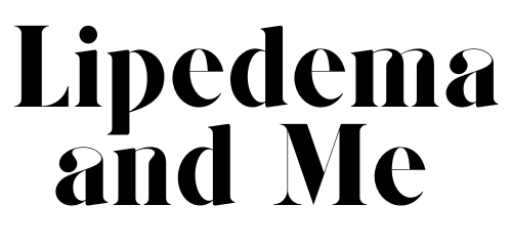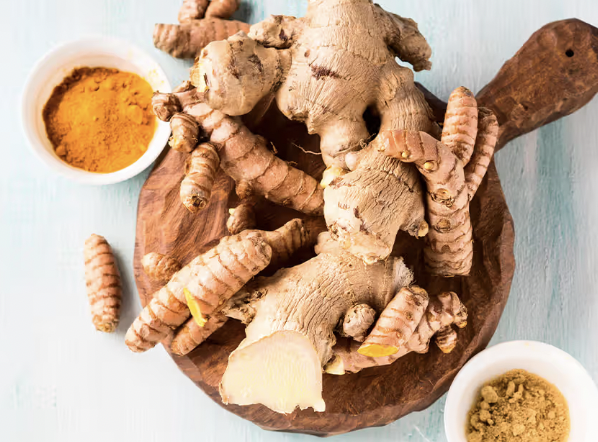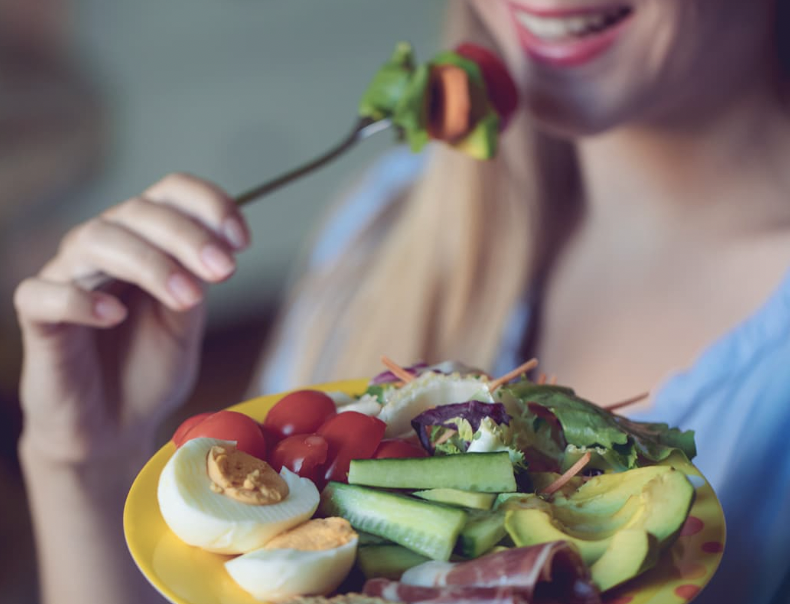If you’re living with Lipedema, you already know how painful and frustrating the condition can be. What many people don’t realise is how much of that discomfort is linked to chronic inflammation.
Lipedema isn’t caused by poor diet – but the food you eat can either help calm your symptoms or make them worse. That’s where an anti-inflammatory diet for Lipedema comes in.
What Is an Anti-Inflammatory Diet?
An anti-inflammatory diet focuses on whole, nutrient-dense foods that naturally reduce inflammation in the body. It’s not about restriction or weight loss – it’s about nourishing your body in a way that supports healing and reduces Lipedema pain. All of which is vital for Lipedema sufferers.
Think of it like this:
- Say no to processed, inflammatory foods
- Say yes to fresh, healing ingredients
Best Anti-Inflammatory Foods for Lipedema
Here’s what you should be eating more of if you want to ease pain, swelling, and fatigue:
Vegetables (especially leafy greens)
- Spinach, kale, rocket, broccoli
- Packed with antioxidants and nutrients that reduce inflammation
Berries & Low-Sugar Fruits
- Blueberries, strawberries, blackberries
- Full of polyphenols and vitamins
Omega-3 Fatty Acids
- Salmon, mackerel, sardines, chia seeds
- Omega-3s help reduce swelling and support lymphatic health
Healthy Fats
- Avocados, extra virgin olive oil, flaxseed
- These fats fight inflammation and support skin and joint health
Lean Proteins
- Chicken, turkey, eggs, tofu
- Keeps blood sugar stable and muscles strong
Herbs and Spices
- Turmeric, ginger, garlic
- Natural anti-inflammatory powerhouses
Don’t forget water – staying hydrated supports lymphatic drainage and reduces fluid retention.
What to Avoid with Lipedema
Some foods may trigger flare-ups or make Lipedema symptoms worse. While every body is different, these are common culprits:
Refined Sugar
- Cakes, sweets, soda
- Promotes systemic inflammation and energy crashes
Ultra-Processed Foods
- Packaged snacks, fast food, ready meals
- High in sodium, trans fats, and additives
Refined Carbohydrates
- White bread, pasta, pastries
- Spikes blood sugar and contributes to inflammation
Seed Oils
- Sunflower, canola, soybean oil
- High in omega-6s, which can worsen inflammation
Alcohol
- Can trigger swelling and interfere with sleep and healing
Optional to test elimination:
- Dairy
- Gluten
(Some people with Lipedema feel better avoiding these, while others tolerate them fine. I personally cut out Gluten wherever possible, but I still eat Dairy – cheese is too good to say goodbye to!)
Do You Need to Go Low-Carb or Keto?
Some women find that a low-carb or even Keto diet and Lipedema helps them reduce inflammation and swelling. It’s not required – but if your body responds well to fewer carbs, it can be a helpful tool.
You don’t necessarily need to go all-in on Keto. Even reducing your carb intake and focusing on real, whole foods can make a huge difference. That has been the case for me over the past 2 years, it’s everything in moderation – including carbs.
A Typical Day on an Anti-Inflammatory Diet for Lipedema
Here’s a simple sample day:
Breakfast:
Eggs with spinach, mushrooms, and olive oil
Lunch:
Grilled chicken salad with avocado, pumpkin seeds, and lemon vinaigrette
Dinner:
Salmon with roasted cauliflower and sautéed kale
Snacks:
Cucumber slices with hummus, berries, a handful of almonds
Nutrition Is Just One Part of the Puzzle
Food alone won’t ‘cure’ Lipedema – but it can reduce pain, improve your energy, and support other treatments like compression therapy, MLD (massage for Lipedema), and gentle exercise.
Think of your diet as a daily act of self-care, not a punishment or fix-all.
Track What Works for You
Everyone’s body reacts differently – what triggers one person might not affect another. Try keeping a simple food and symptom diary for 2–3 weeks. This helped me so much when I first got my Lipedema diagnosis, monitor how your body feels after eating certain foods and adjust your diet accordingly.
- When do your legs feel heavier?
- What meals leave you feeling bloated or achy?
- Which foods leave you feeling light, clear, and comfortable?
Looking for More Support?
We’re planning to add more Lipedema diet plans and recipes designed specifically for women with Lipedema. Join our newsletter or come say hi in the r/lipedema community – it’s full of amazing women who are on the same journey.
You can also check out our Find a Lipedema Specialist directory if you’re seeking diagnosis or the next steps.
Anti-inflammatory Diet for Lipedema: Eat to Support, Not Restrict
An anti-inflammatory diet for Lipedema isn’t about being perfect every day – it’s about feeling better, day by day. By focusing on whole foods, reducing your known triggers, and paying attention to your body, you can create a way of eating that supports your symptoms and empowers your healing – from the inside out.
Disclaimer: My blogs talk about Lipedema, diet, surgery and much more. I’m talking from my point of view to help women, and remind them they are not alone. I am not a medical professional, so the content above is from my own perspective with research I have done into the topic. It’s not meant as medical advice, you should always consult your doctor or a specialist for both your diagnosis, and a treatment plan.



Hi I been told I have Lipedema I live in uk I don’t know what foods to eat I was told I had Lipedema on May 15 2025 I am now wait for a appointment for the Lipedema doctor to get in touch but I am in alful pain and I live on my own my legs are swollen and the pain is alful I just need someone to help me what I can eat and drink and not to eat I be very grateful for any help from maria
I’m new to this too and find I have to do my own research as I can’t seem to find a knowledgeable. Surf the net a lot before your appointment. Also YouTube. The main thing I’m seeing is do not consume refined sugar. . .(soda, pastries…the things we love most of course!). Good luck!
I’ll start with the positive. You can eat most vegetables…very limited potatoes.
Chicken and some fish… not farmed, not fried
Fresh fruit, limited dried fruit
Whole grains…I cut out gluten
Kefir and Greek plain yogurt
Beans , lentils
Nuts in moderation
1-2 Oz 70% or greater of dark chocolate
Cut out or limit greatly…sugar of almost any kind, fried food, very salty food
alcohol, grain fed meats. Heavily processed food.
Really look up anti inflammatory diets, keto for lipedema, Mediterranean. Whatever you do find healthy foods you enjoy and make the changes henerally sustainable for you long term. If you have food sensitivities or special health concerns a nutrition practitioner can help. My pain went away quickly after the diet change and mld massages, but that the pain had just started. I can move better now.
What do you think about organic popcorn(coconut OR Olive oil) and organic brown rice cakes?
I need carbs for working out and everything else causes inflammation of course.
I made the mistake of going an ‘organic’ with out looking at oil used and messed up my progress for weeks to months now by added ‘organic sunflower oil’ 🙁
I also use protein drinks(owyn) and see sunflower oil/lechin in Ingredents.
I need my protein drinks a bit as I’m trying to build more muscle. I already lost my weight.. went from 330 to 108lbs (2009-2024) . Then in 2024 to present started fitness journey.. getting healthy and building muscle(added about 30lbs lean muscle mass)
BUT lipedema still exists and so does my inflammatory response to foods. Ugh!
Andy, congrats on the weight loss! That’s huge!
I’ve been doing lots of reading and found that most of us need to heal our gut. Everything you’re eating seems great except the corn products. 80% are GMO and it’s very hard to know the difference. As for starches, from everything I’ve read, one of the safest starches and vitamin loaded ones are sweet potatoes. I’m a fan of the AIP diet. Autoimmune Protocol. Collagen, bone broth and organ meats (I do mine in capsule form) will do loads to help heal our guts and help keep lipedema and lymphedema from flaring. Of course, continuing with wrapping legs (many use compression stockings) my MLD therapist recommended Velcro wraps as they are more adjustable throughout the day. I’m in early stages of finding this stuff out as well. I have the space suit (errr…compression pump) and right now I have MLD follow-up in three months. Now back to figuring out AIP.
Hello, i would like to know if you are using GLP1 medications to support lipedema. if yes please tell me more about your experience, and if its a MUST to low dose to improve the heaviness, symptoms and lower inflammation overall. OR if there is any natural way to lower inflammation for Lipedema patients.
Thank you